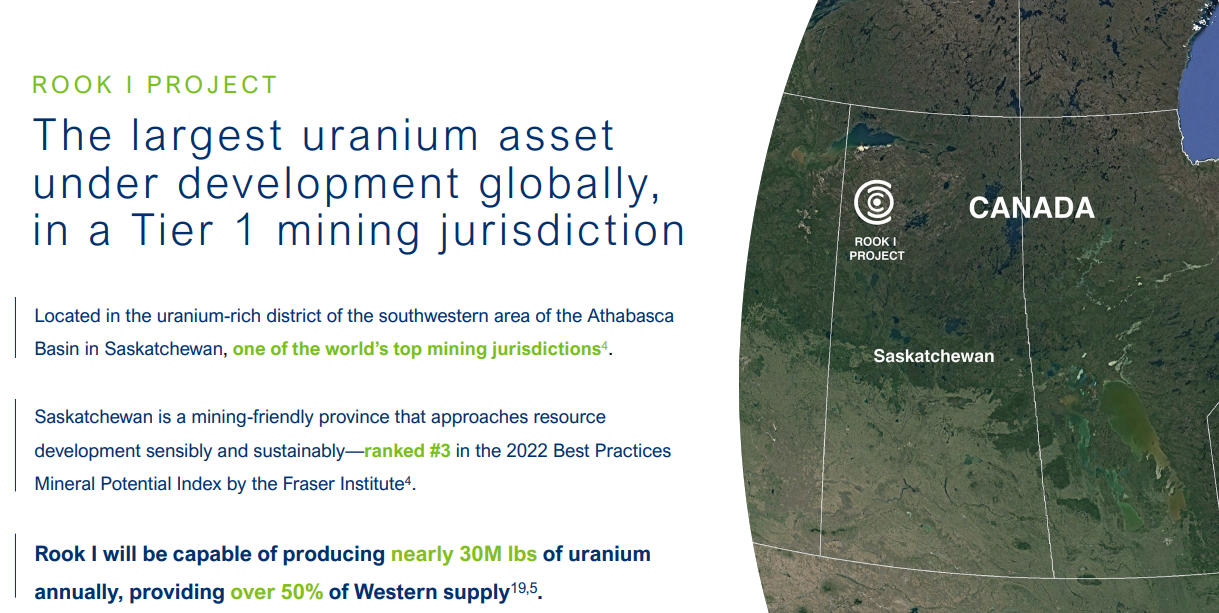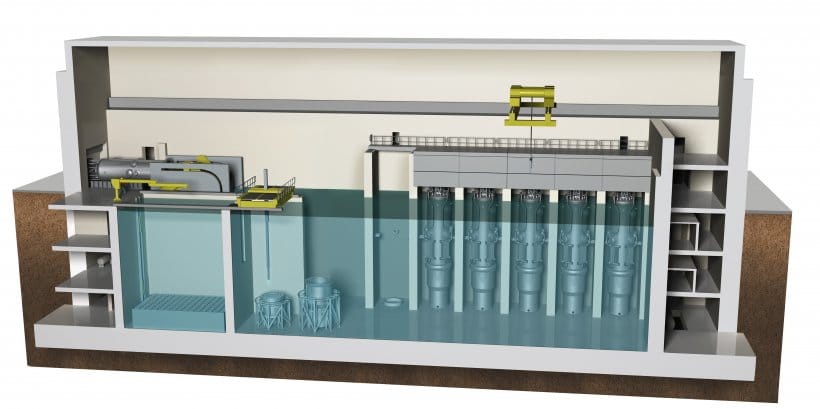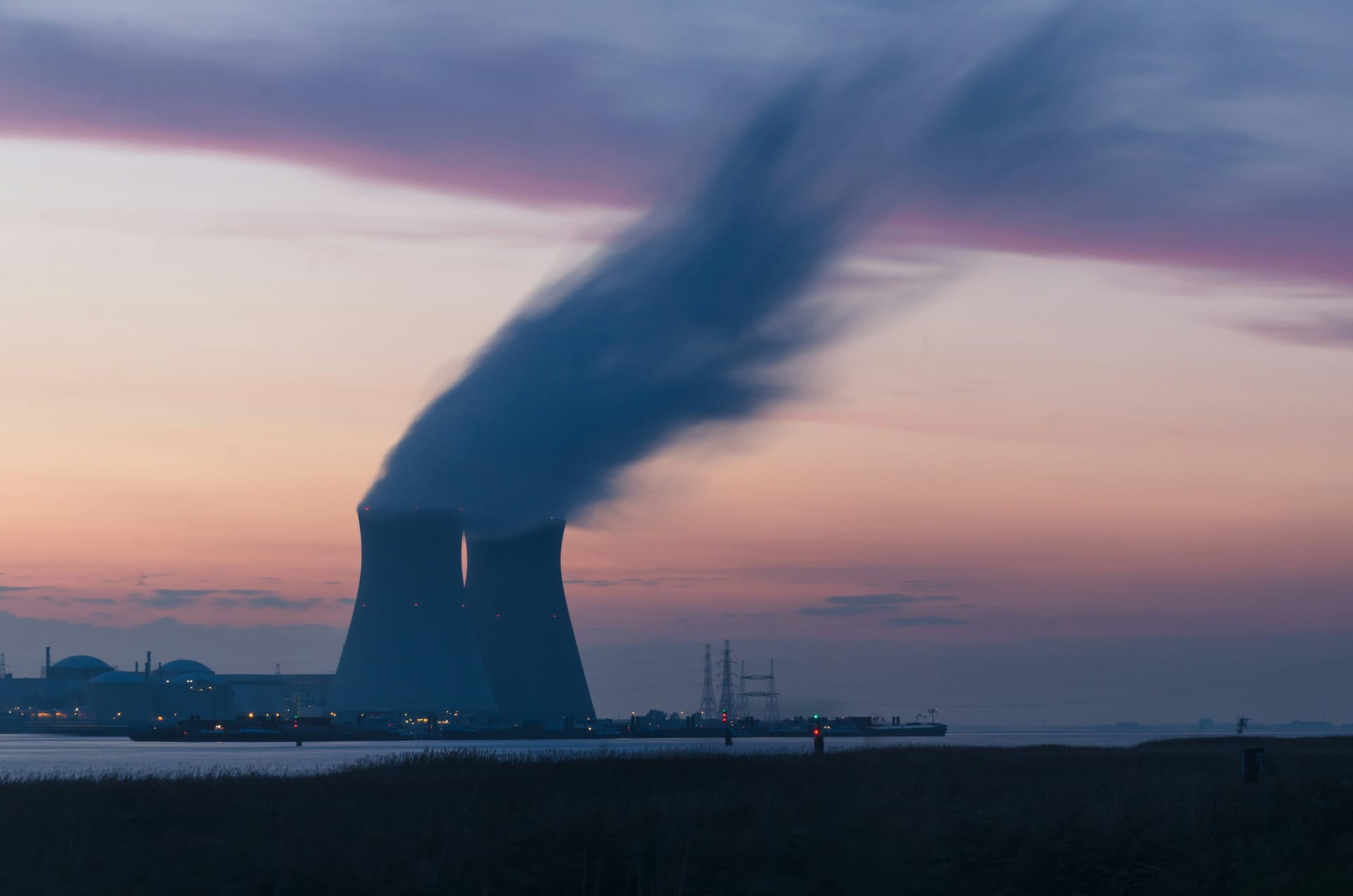Uranium interest has revived after the world emerged from an energy crisis a few years ago. A resurgence in oil and gas activities pulled renewables and climate change development down the priority list but at the same time, countries are rediscovering the viability of a clean denser energy source in nuclear power. Skyrocketing uranium prices have led mine operations to restart at the same time as nuclear plants are back online.
Japan lifted its operational ban on the world’s largest nuclear plant back in December 2023 while France powers ahead with even greater nuclear ambitions. Even as countries like Germany and Austria continue to be anti-nuclear, there has been progress in new nuclear development such as small modular reactors ("SMR") and novel ways to reduce the catastrophic risks the world has experienced in the past.
NexGen Energy is a Canadian exploration and development company which sees the potential of uranium as a critical clean energy fuel for the coming nuclear movement. In June 2021, the company has announced a dual listing of its shares on the Australian Securities Exchange due to its Asia Pacific base of shareholders. With this listing in Australia, NexGen can tap into Asia investment interest in this resource and be traded alongside some of the world biggest miners like Rio Tinto and BHP.

The company recently made another discovery of intense uranium mineralisation on SW2, nearby their Arrow Deposit located in Saskatchewan. The high-grade deposit is hosted by crystalline basement rocks which allow for low-cost conventional long hole stope mining methods. The average annual operating cost is determined at US$5.69/lb of U3O8 with production forecasted to begin around 2027.
As countries globally become more acutely cognizant of energy security as a result of flaring geopolitical tensions, lingering inflation due to rising energy prices can also cause social concerns such as higher cost of living for citizens. Nuclear power, if managed effectively, can also be a key driver for reaching decarbonisation targets.
It is unavoidable to mention China in this case as the country is the fastest and largest in building nuclear reactors. A new fourth-generation reactor is also in commercial operation, the first of its kind according to China’s state media and uses helium gas instead of water to cool the reactor. At this pace, China is projected to overtake the United States within a decade.

South Korea, an Asian neighbour, has also reversed its nuclear energy policy stance and see nuclear power contribution increases in the share of electricity production. As a key exporter of nuclear technology, South Korea is furthering their ambitions in the small modular reactor foundry industry in the hope of making these more advanced reactors commercially viable.
With uranium demand projected to rise and supply unable to catch up, the physical market deficit is attracting speculation in uranium price. As a result, producers will only turn more confident to commit further investments if utilities companies continue to engage in term contracting of U3O8.
NexGen Energy is likely to be a beneficiary of this environment as it is positioned to make positive profits even in the face of volatility in uranium prices owing to its low cost base. At this juncture, the pricing mechanisms and supply contracts for potential buyers are still under consideration.
Regulatory wise, it is also the first company in more than 20 years to receive a full Provincial Environmental Assessment approval from the Government of Saskatchewan for a uranium project. Therefore, it likely speaks volume of the quality and critical nature of this uranium development project.
Several nuclear-related companies have recently debuted on the US stock exchanges. Amidst the ongoing Artificial Intelligence ("AI") fervor, OpenAI's Sam Altman took the opportunity to list a nuclear startup called Oklo via his special purpose acquisition company ("SPAC") on 10 May 2024. With AI-powered technology being power-hungry, the goal is for energy-intensive data centers to be ultimately powered by a clean source of energy like nuclear.
With multiple secular drivers for nuclear energy demand, NexGen Energy has certainly set its sight in becoming a major player in the uranium value chain.




